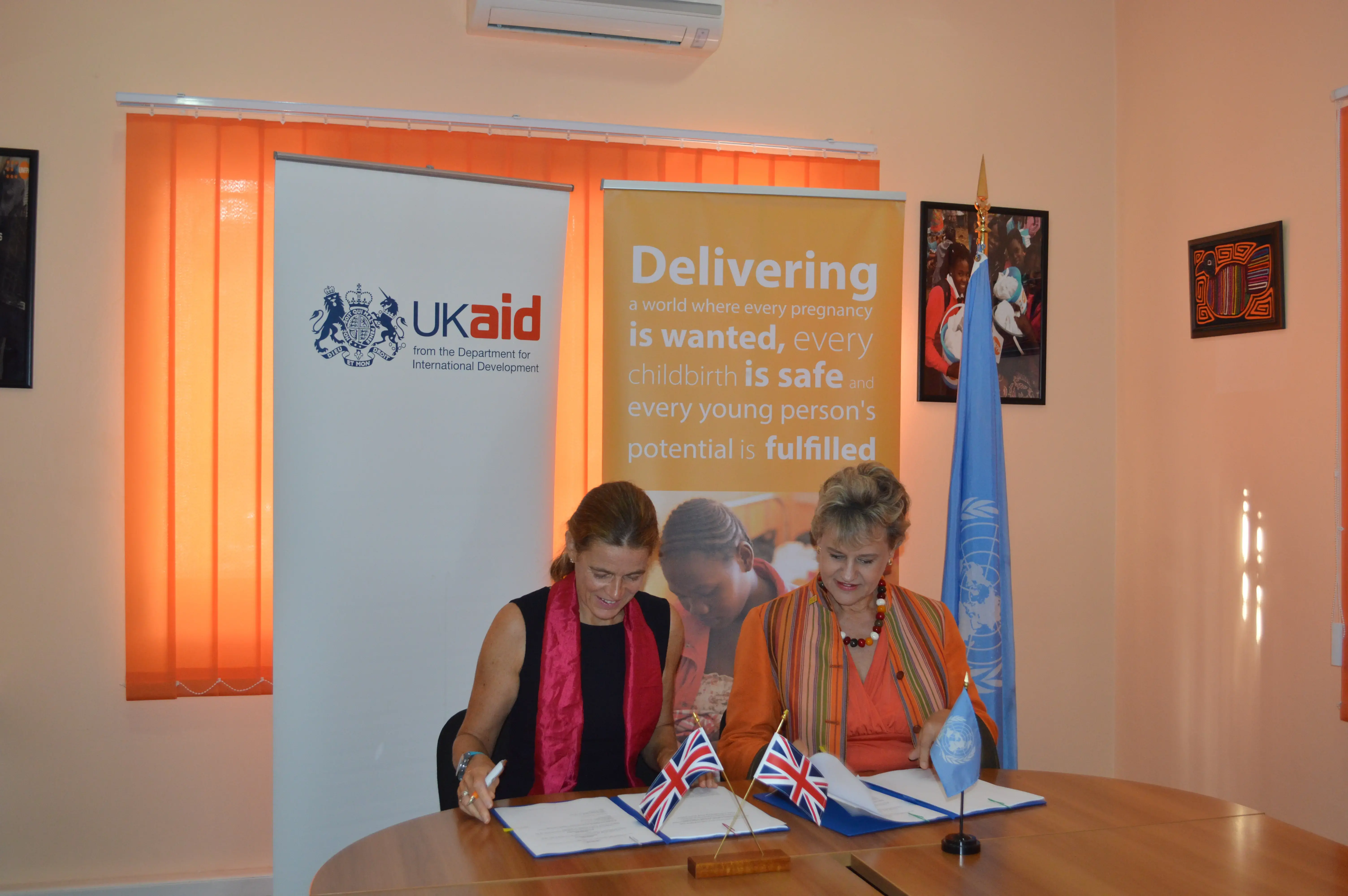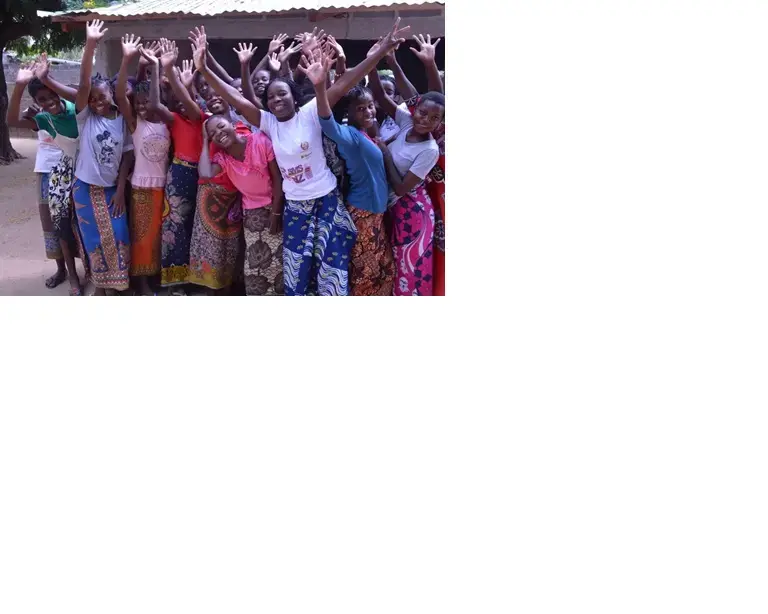UNFPA Mozambique, represented by Pascale Barate, Monitoring and Evaluation Specialist, participated in the Seedstars World Summit in Lausanne, Switzerland. This Global Summit culminated in:
Representatives from 92 Countries, Reached 4m+ on Social Media, 500+ Investor Meetings, 228 Mentor Meetings, 160 Media Interviews, 219K Twitter Reach, 1K+ Attendees, 100+ Investors, 9 Workshops, 93 Startup Booths, 170K Facebook Reach, 12 Startup Finalists, 9 Prizes Awarded
Having partnered with Seedstars World for the Africa Summit, from 12-14 December, 2017 in Maputo, UNFPA Mozambique used the World Summit as an opportunity to organize a Reproductive Health Workshop, network with startups and investors), identify new startups, investors, and entrepreneurs, and have a meeting with Seedstars to discuss the possibility of a partnership.
Reproductive Health Workshop


During the Reproductive Health Workshop led by UNFPA and WHO, Ms. Barate briefly presented UNFPA’s Innovation Strategy and a challenge for the startups. The challenge theme for the workshop was how to support, assist adolescent girls and avoid early marriage and pregnancy.
Her presentation was followed by a concise contextualization from a WHO Sexual and Reproductive Health (SRH) specialist, Ms. Ozge Tuncalp. The workshop also included work in groups (which included Health Tech Startups, global stakeholders and influencer from the health sector), 2-minute presentations of concrete solutions, and a discussion on the way forward.


Two promising solutions came out of the workshop, one from an existing startup, Belavendor, that manages vending machines that offer sanitary pads in public places in Tanzania. Their idea was to add condoms and pills as products in the vending machines. Through a local franchise, these machines (refilled and managed by women), would be placed in schools and private spaces, guaranteeing anonymous access to key consumables and women empowerment (income generation). The second solution focused on community health workers targeting men and religious leaders.





